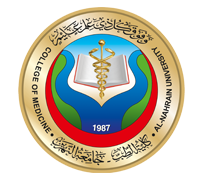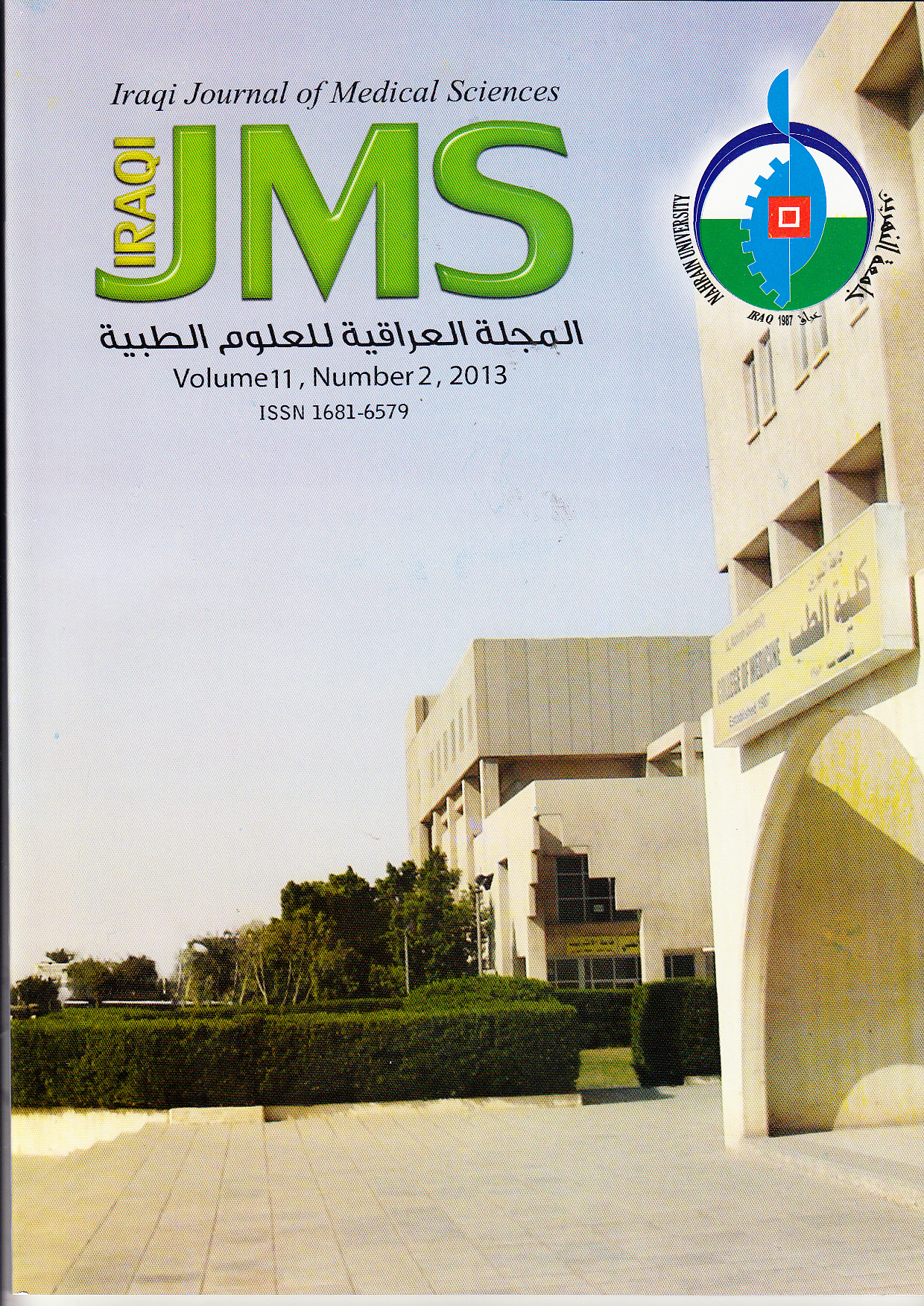|
Vol. 11 Issue 2 April - June / 2013
Published on website | Date : 2016-03-31 11:03:41
SERUM TESTOSTERONE AND POSTPRANDIAL LIPIDS IN RELATION TO SEXUAL DYSFUNCTION IN MALE WITH CARDIOVASCULAR DISEASEZainab AA Al-Shamma, Yahya YZ Fareed, Ali MH AL-YassinAbstractBackground:Earlier studies have suggested that total testosterone (Testo) concentrations influence lipid metabolism. Whether these concentrations are prospectively associated with an adverse lipid profile and an increased risk of incident dyslipidemia has not yet been investigated.
Objective:Test the hypothesis that increased levels of postprandial triglycerides (TG) are associated with hypogonodism in male patients with cardiovascular disease (CVD). Methods: Forty male patients with CVD aged 30-60 years and 46 normal healthy controls were studied. Postprandial blood glucose, lipid profile, urea and creatinine were measured. In addition, Total testosterone, sex hormone binding globulin (SHBG), luteinizing hormone and follicle stimulating hormone were done by Enzyme-Linked Immuno-Sorbent Assay. Body mass index was calculated. Results:Negative correlation between Testo, and postprandial TG in both CVD and control groups was found with significant differences in Testo between these two groups, while SHBG correlated negatively with postprandial TG, in control group. Conclusion:Postprandial triglyceride levels were associated with risk of CVD. These findings are particularly interesting and may contribute to an explanation for the higher cardiovascular disease risk in men with lower total testosterone concentrations. Key words: CVD, Dyslipidemia, postprandial TG, Testosterone. Full-text |
Some tools below are only available to our subscribers or users with an online account |
 |
Please wait until the current process completes ... |




